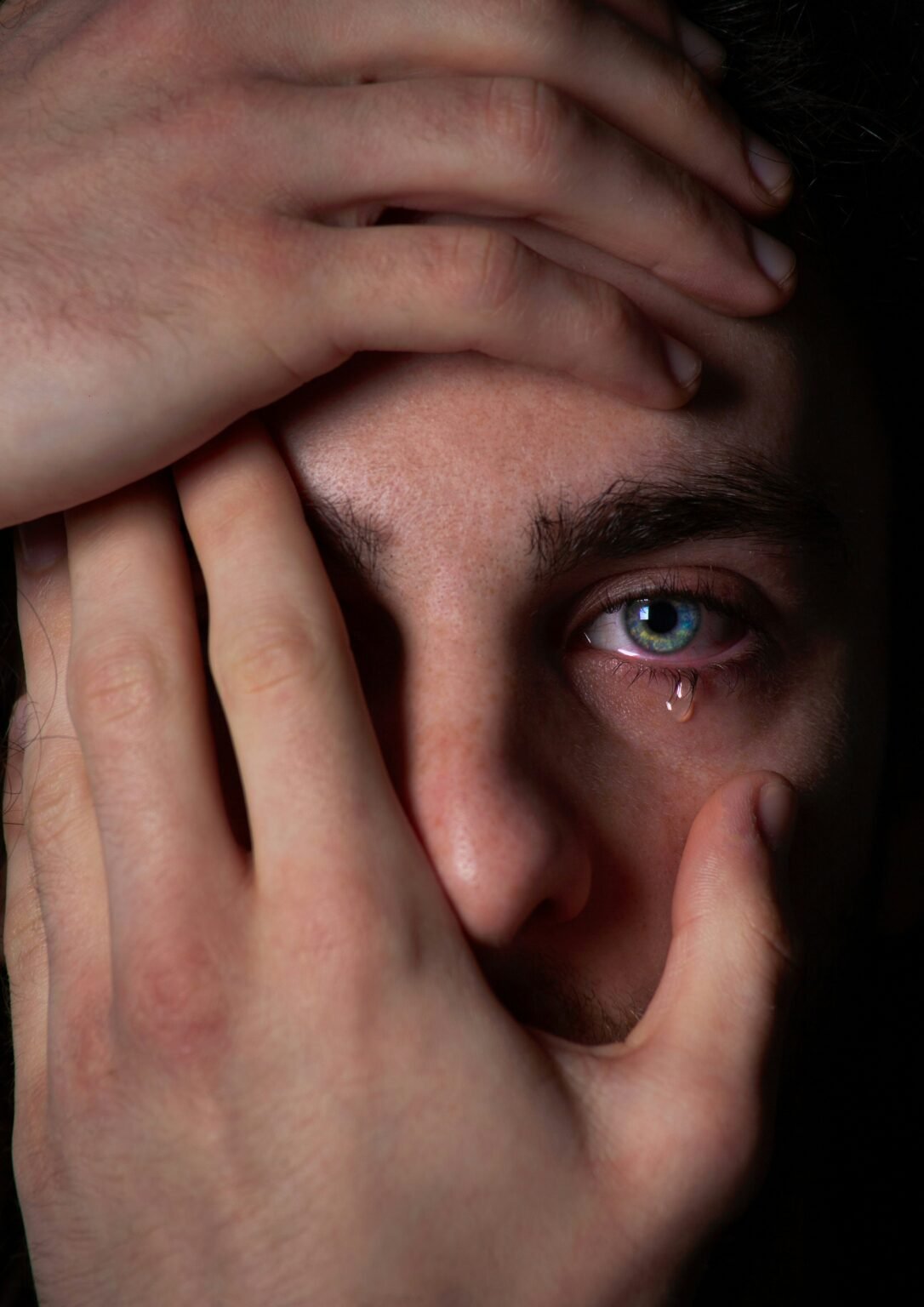I Hate To Cry When I Get Yelled At
If you’re a young man struggling with emotions, you might ask yourself, why do I cry when I get yelled at? It can feel embarrassing, frustrating, and like something is wrong with you—but the truth is, this reaction is more common than you think.
This blog is for guys who want to understand where this emotional response comes from, why it keeps repeating, and how to start breaking the cycle. You’ll also learn the physical and mental changes you can make to build emotional strength. If you’re tired of feeling overwhelmed and want to take your power back, keep reading.
Crying from Being Yelled At is Often a Trauma Response
When someone yells at you and you instantly cry or shut down, it’s not just about the moment—it’s often a response that was wired into you from childhood.
- You might’ve grown up in a home where yelling meant danger, fear, or rejection.
- Over time, your nervous system learned to respond emotionally as a defense mechanism.
- Now, even if you’re older, your brain still reacts the same way—it hasn’t been trained differently.
Understanding this is the first step to breaking the cycle. You’re not weak—you’re wired. But wiring can be changed.
What Trauma Causes People Pleasing and Emotional Dependency
Men who cry under pressure or confrontation are often the same ones who struggle with people pleasing, neediness, and emotional dependency.
This is usually linked to:
- Childhood trauma or unstable family environments
- Always feeling like you had to earn love or avoid punishment
- Being told that your feelings didn’t matter or made you “soft”
This can create a man who is constantly asking:
- Why am I so dependent on others for validation?
- Why am I so needy for affection?
The answer is that your emotional system was trained to keep the peace and avoid conflict. But as a man, you need to rewire that response and take control.
Why Crying So Easily Can Be a Sign of an Undiagnosed Problem
If you constantly find yourself asking, why do I cry so easily, it could be more than just emotional sensitivity—it could be a physical or nutritional issue.
One major cause that goes unnoticed: Vitamin D deficiency.
If you’re:
- Staying inside all day
- Rarely getting sunlight
- Feeling tired, down, or emotionally drained
You might be severely low in Vitamin D, which plays a major role in:
- Mood regulation
- Hormone balance
- Cognitive function and emotional control
Start taking a high-quality Vitamin D supplement daily, especially if you’re not getting sun. It won’t fix everything instantly, but it will help your system work better.
How This Becomes a Vicious Circle
When you get yelled at, cry, and feel weak, it often leads to:
- Shame for being emotional
- Isolation from others
- Avoidance of confrontation, which makes the problem worse
This creates a loop:
- You avoid tough situations
- You don’t build emotional strength
- You stay trapped in the same patterns
But when you start taking care of your health, understanding the triggers, and practicing emotional discipline, you can break that circle and start leveling up.
What Calms Down Depression and Emotional Reactions
Emotional reactions like crying, panic, or shutting down are often tied to mild or hidden depression.
Here are tools that help calm your system:
- Exercise – Lifting weights, walking, or running releases endorphins and stabilizes your mood.
- Cold showers – Shock your system and improve stress tolerance.
- Daily sunlight – Even 10–15 minutes outside helps reset your mood and sleep.
- Journaling or voice notes – Get thoughts out of your head so they stop building up.
- Take Vitamin D – Especially during winter or if you’re indoors most of the day.
You don’t need to suffer in silence. Taking small actions daily will lead to long-term emotional control.
Final Thoughts: Why Do I Cry When I Get Yelled At and How to Fix It
If you’re wondering, why do I cry when I get yelled at, the answer is deeper than the moment—it’s about past experiences, emotional habits, and physical imbalances.
- This is not a sign of weakness, but it is a sign that you need to make changes.
- Start with Vitamin D, sunlight, exercise, and removing emotional triggers.
- Learn to face confrontation without folding.
- Understand that your emotional system was built to protect you—but now it’s time to retrain it.
You’re not broken—you’re becoming stronger. One action at a time.
Tell yourself positive things daily, because no one else will.






